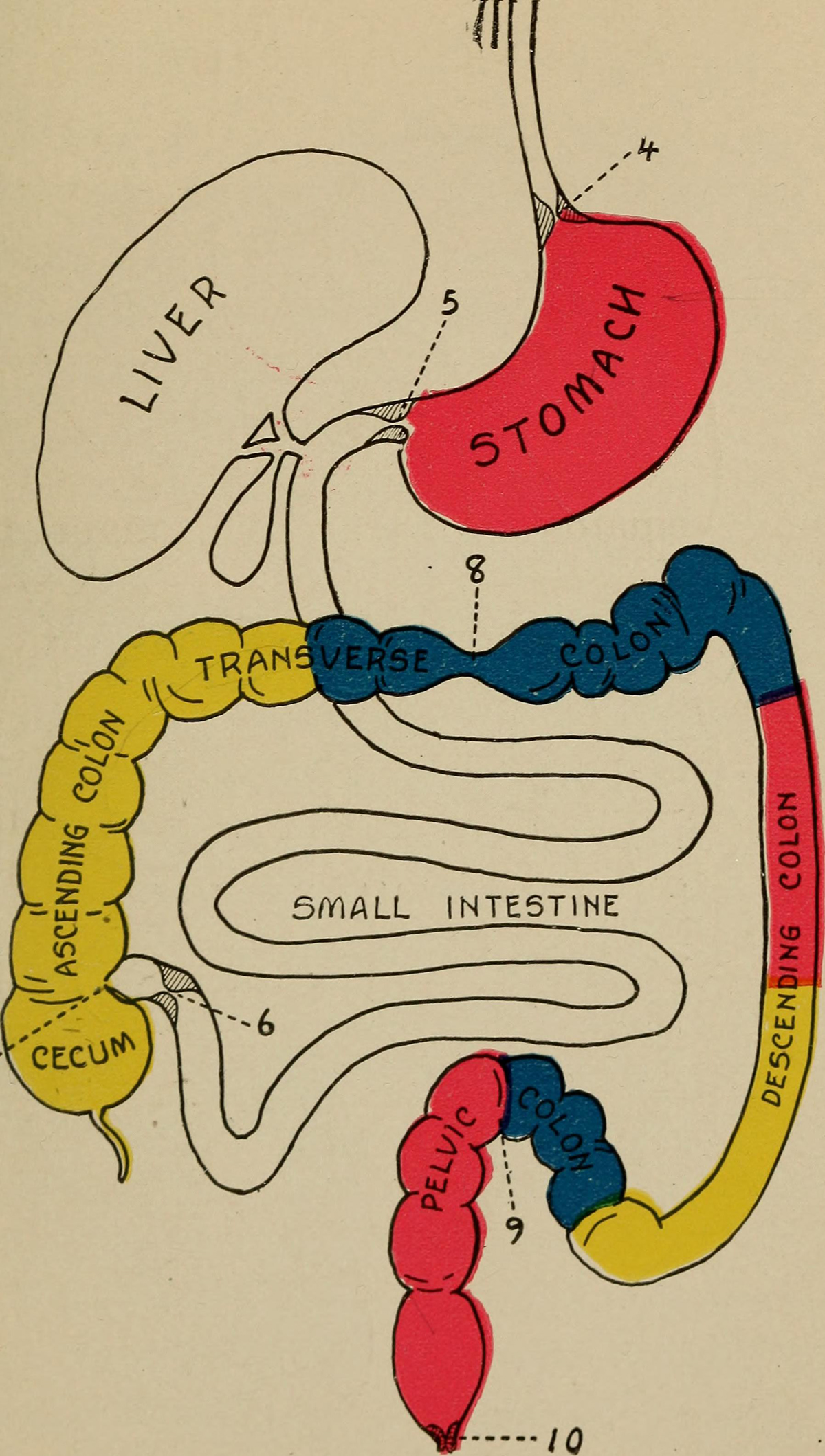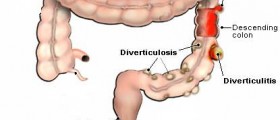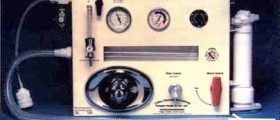
Constipation is considered to be chronic when it lasts longer than 6 months. It is considered to be a serious medical condition and patients face severe problems when it comes to defecation. The frequency of defecation may go up to once a week. In more serious and extreme cases of constipation there may be an absence of defecation for three weeks.
Causes of Chronic Constipation
The actual cause of chronic constipation has not been identified yet. However, the major confirmed problem associated with chronic constipation is an increase in colonic transit time. This is the time that food requires to pass from the stomach and finally reach the rectum. Transit time normally lasts between 24 and 100 hours (in many cases 2-3 days).
Colonic inertia may be one of the possible causes for chronic constipation. In this case muscles of the colon responsible for propelling fecal masses simply become sluggish and the feces moves very slowly down the colon. In case one starts to use laxative colonic inertia may become even more severe and cause additional problems connected with defecation.
Another potential cause of chronic constipation is an abnormal function of the muscles of the pelvic floor. They normally increase the pelvic pressure and help in "pushing" fecal masses. Pelvic floor muscles may be affected by various illnesses or their malfunction develops as a consequence of a damage to the nerves that innervate them.
And finally, spinal cord injury is another cause of chronic constipation.
Treatment for Chronic Constipation
The approach to chronic constipation differs according to the severity of the condition. Namely, mild constipation can be brought under control with dietary changes, increase in physical activity and laxatives.
Biofeedback therapy is a very successful method. Patients suffering from constipation are taught how to voluntary control the muscles of the pelvic floor by looping to a computer system. This all is facilitated by a trained therapist.
Medications for chronic constipation include tegaserod, polyethylene glycol, psyllium and colchicine.
Spinal nerve stimulation is a rather new, but highly effective treatment modality for chronic constipation. It includes passing a wire to the pelvic muscles and releasing a gentle current of electricity. The electricity released in such way effectively stimulates the nerves, they cause the muscles to contract and this induces defecation. In case the desired effects are achieved within a two week trial, a permanent device is implanted into the skin. The battery of the device may last up to 6 years and it can be simply recharged.
Surgery is the last resort for patients suffering for chronic constipation. Still, it does not provide with optimal results. There used to be cases when doctors thought that by a partial colon resection the transit time would be reduced. Unfortunately, the effect of such surgery was not satisfying. Today, surgery is only performed in case of complications associated with chronic constipation such as mega colon and fecal impaction.

















Your thoughts on this
Loading...